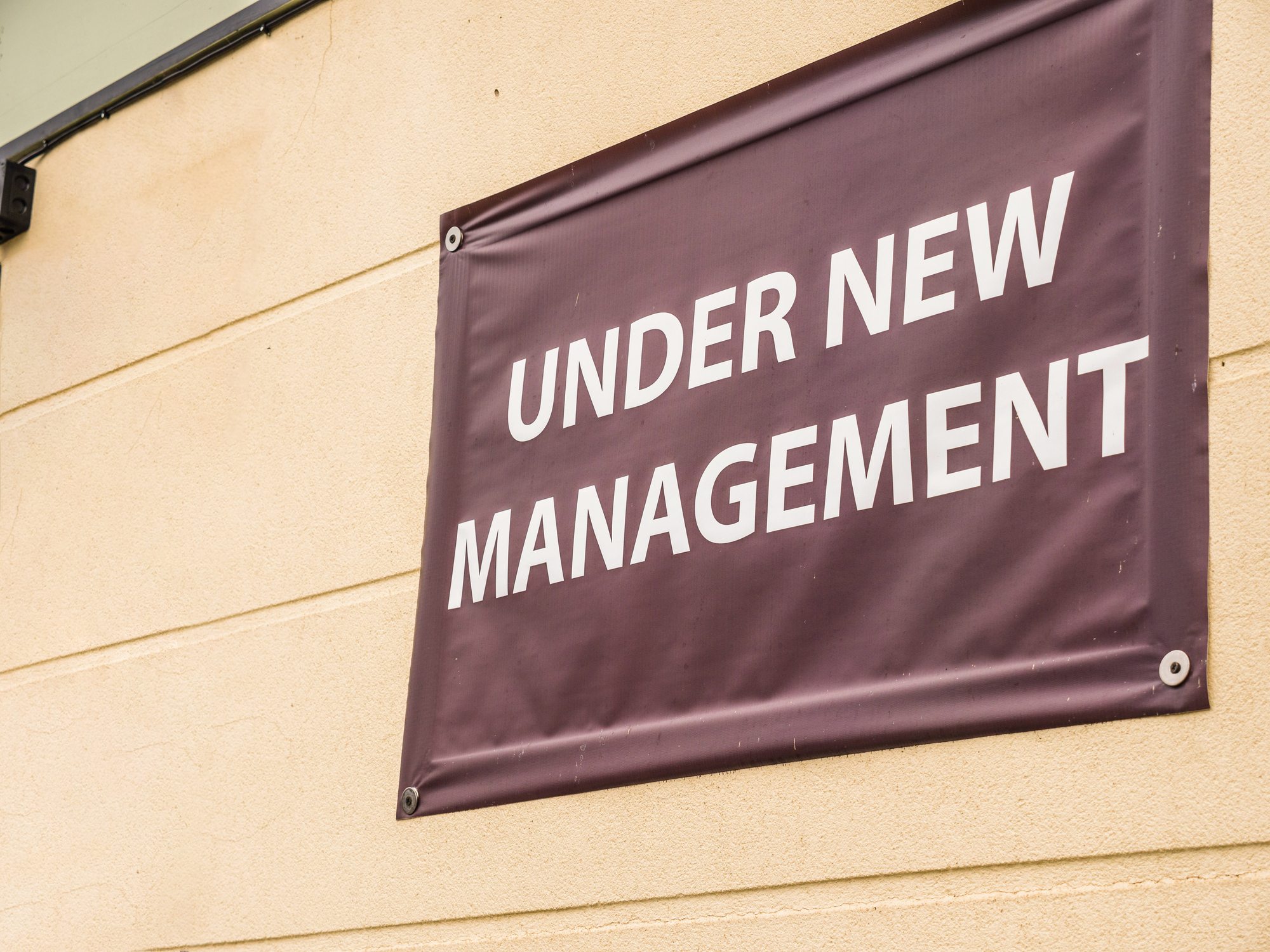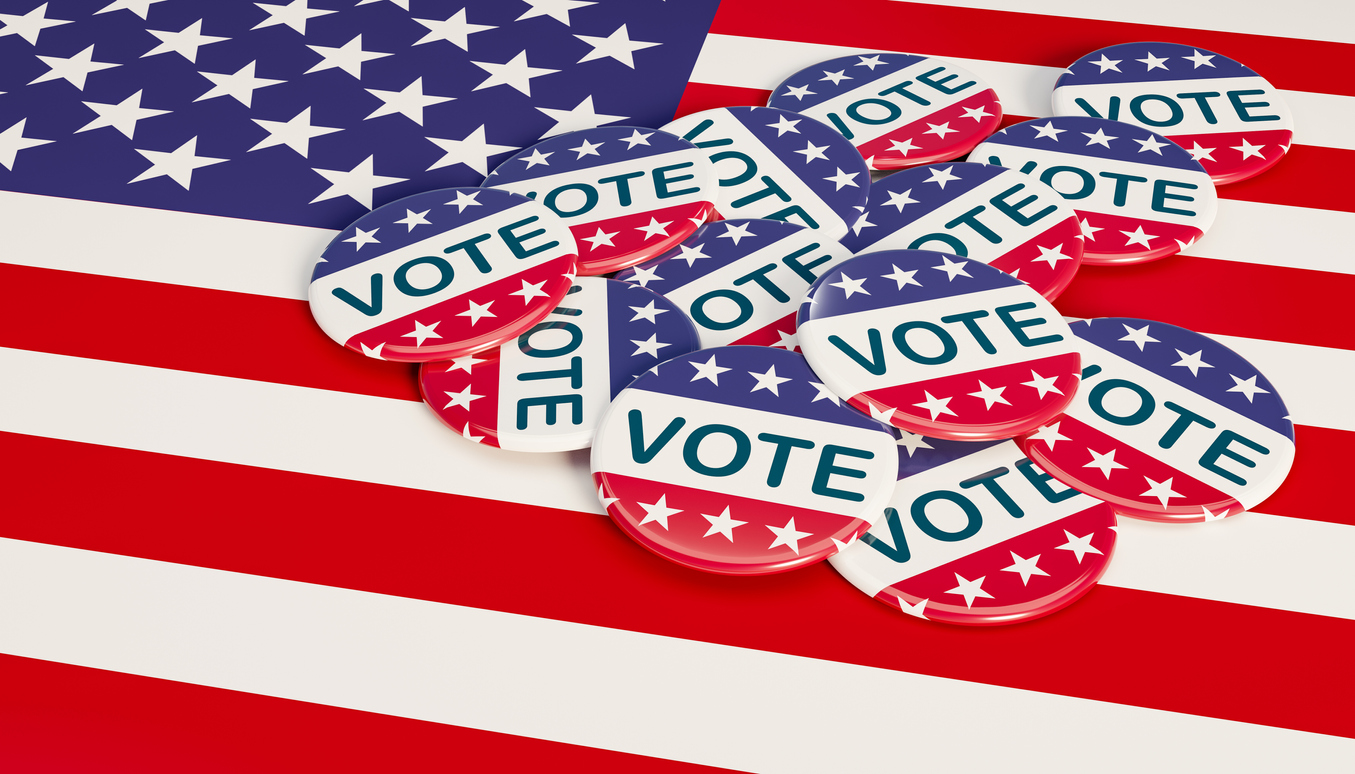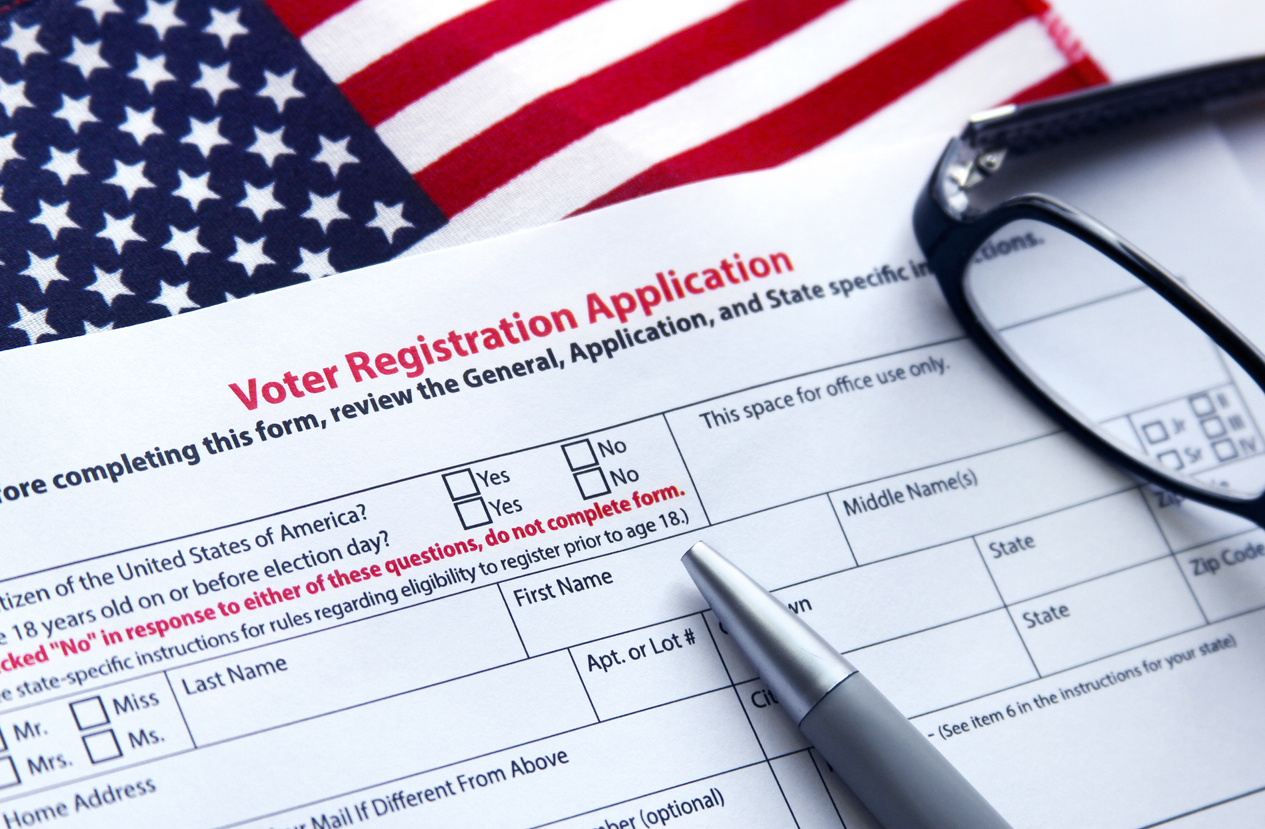La République En Marche, the party of the newly elected French president Emmanuel
Macron, won 306 of 577 seats in the National Assembly (lower house) on Sunday, June 18th, 2017, giving it a majority of 53%. En Marche, or On the Move, in English, was only founded as a social-movement-cum-election-campaign last April and officially declared a party upon the election of President Macron (who shares his initials—E.M.—with that of the party) this May. En Marche’s win in this election has come at the downfall of the parties which historically held the majority: Le Parti Socialiste on the left, and Les Républicains, on the right. An estimate by the French Newspaper Le Monde suggests just 148 of the representatives (called deputies) elected in 2012 were reelected this year, making this not only an assembly of a new party but also an assembly of freshmen deputies – three-quarters of the assembly.
What do the results of this legislative election mean for France?
First, we must understand how French elections work. The French term, called the quinquennat, lasts five years. The presidential and legislative terms overlap nearly perfectly, save the six weeks between the presidential election and the legislative election. Each election is two rounds; the first round requires a majority to win. If no candidate has the majority, which is generally the case, the two candidates with the most votes face off a week later in a second vote. This presidential election cycle was divisive: with each of the top four presidential candidates getting between 19% and 25% of the vote in the first round, though Macron won with a hefty 66% in the second round against the far-rightMarine Le Pen. The legislative elections which followed six weeks later showed En Marche’s prominence yet also had the lowest turnout of any legislative elections in the history of the 5th Republic, with just 42% of registered voters voting. By contrast, the previous election, in 2012, saw a 57% turnout rate. The low turnout, unusual for France, means many deputies won with approval from less than 30% of the registered voters.
President Macron claims that his party is “ni de droite, ni de gauche,” or “neither left nor right, but firmly centrist”.
Though a former head of economy for the socialist and deeply unpopular President Hollande, Macron’s economic policy is seen as leaning to the right due to his past work at an investment bank and his support of what he calls the “uberization” of the economy – namely, a flexible workforce which receives fewer protections. En Marche and Macron claim centrism due to leftist standings on social issues including “the family”, refugees, and gender equality. This support of gender equality is reflected in Macron’s choice of gender parity within the cabinet and in En Marche’s selection of legislative candidates, of which over 50% were women. While En Marche lost just 17 of the seats where they ran candidates, the French legislative assembly is at a record of 38% women, up from the previous assembly’s 26%.
The French left has seen a sharp reduction in deputies and a new leftist party, La France Insoumise (or Rebellious France), has proposed a new political system via a 6th Republic. Yet La France Insoumise only won 17 seats. The Parti Socialiste, the established left wing party of former President Hollande, won just 29 seats, making the election a devastating loss compared to the 258 won in 2012. This loss may be due in part to the extreme unpopularity of former President Hollande. Near the end of his time in office, a poll by Le Monde found just 4% of respondents were satisfied with his actions. A former member of cabinet for Hollande—though never a member of Le Parti Socialiste—President Macron retains support for parts of the fading party, endorsing another former Hollande cabinet member, Myriam El Khomri, in a legislative race in which En Marche had no candidate. En Marche’s majority suggests neither collaboration nor cohabitation will be necessary, but it remains to be seen how Macron will lead his new party.
On the right, Les Républicains, formerly known as L’Union pour un Mouvement Populaire in the 2012 election, won 113 seats, a decrease of 72 seats from 2012, despite scandal surrounding party leader François Fillon’s use of public money while Prime Minister. As the party with the second most seats in the Assembly, it remains a significant stronghold of the right. The far-right Front National has a high profile and power to move debate towards the right, especially after Marine Le Pen, the party leader, was in the second round of the presidential elections against Macron. It won just eight seats, but saw an increase compared to winning two seats in 2012.
En Marche’s majority in the National Assembly may not be paralleled by the Senate; just half of the Senate is up for election in September, and it is elected indirectly by officials, with a disproportionately strong rural vote. However, as the National Assembly is the more powerful of the houses in practice, a majority in the assembly solidifies President Macron’s power after a divisive Presidential election. Moreover, it concretes En Marche’s own viability. As the figurehead, father, and namesake for the party, Macron’s performance as president and party leader will be key in the future of the party during and after his tenure as leader.
Latest News
Photo credit: iStock.com/yevtony Last week, the National Governors Association (NGA) elected Utah Governor Spencer Cox (R) as its new Chair and Colorado Governor Jared Polis (D) as NGA Vice Chair. Cox succeeds New Jersey Governor [...]
Photo credit: iStock.com/Torsten Asmus Texas voters have already submitted their ballots for the 2022 primary election. More states have their primary elections on the horizon. With the 2022 primary election season nearly upon us, many [...]
Photo credit: iStock.com/triocean DMGS has previously reviewed state government public health measures, as they have imposed and rescinded masking requirements. Now, over two years into the pandemic and after various COVID-related emergency declarations being implemented, [...]
Photo credit: iStock.com/outline205. Automatic voter registration allows eligible individuals to become automatically registered to vote when they interact with certain agencies in the government, such as a state agency overseeing motor vehicles. While most people [...]






Stay In Touch